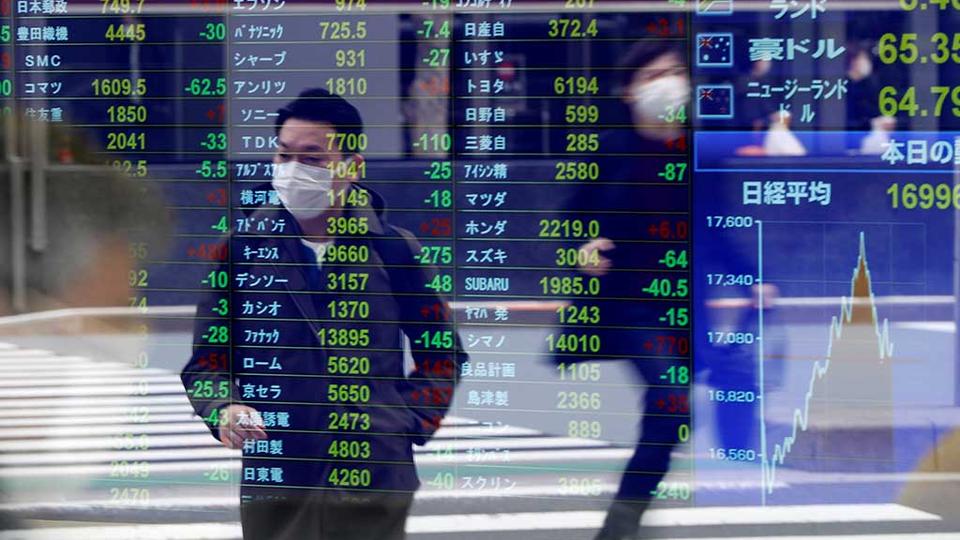Asian equities jumped, while the dollar was on the back foot on Wednesday after less hawkish than feared comments from Federal Reserve Chair Jerome Powell lifted sentiment and fuelled investor hopes the central bank may soon ease monetary policy.
In an eagerly awaited speech earlier on Tuesday, the Fed's Powell reiterated that disinflation has begun but warned Friday's eye-popping jobs report showed why the battle against inflation will "take quite a bit of time.
Those jobs figures showed a surprising addition of 517,000 new jobs in January, stoking fears that the tight labour market may compel the Fed to remain hawkish.
It didn’t take much for markets to re-find their mojo after last Friday’s payrolls shock, just a speech from Fed Chair Powell, at which he was not materially more hawkish than he was after the recent FOMC decision," said Rob Carnell, ING's regional head of research, Asia-Pacific.
Powell's comments on Tuesday that the economy would need more interest rate rises to keep inflation on a consistent downward track was not really a deviation from what had already been said, Carnell noted. "And equity markets saw that as an excuse to rally."
MSCI's broadest index of Asia-Pacific shares outside Japan (.MIAPJ0000PUS) was 0.7% higher. The index is up about 8% for the year after shedding nearly 20% last year. Japan's Nikkei (.N225) was 0.69% lower, while Australia's S&P/ASX 200 index (.AXJO) rose 0.35%.
Futures indicated the exuberant mood looked set to continue in Europe, with the Eurostoxx 50 futures up 1.07%, German DAX futures 1.01% higher and FTSE futures up 0.59%.
Markets are pricing in a terminal rate of over 5% in June but anticipate the central bank to cut interest rates by the end of the year.
Investors will parse though data before the Fed next meets in March to gauge where the economy is headed.
"There's always the danger in reacting too much to data and Powell seems to be aware of that," said Shane Oliver, head of investment strategy for AMP Capital in Sydney. "I am left with the impression that they will probably raise interest rates in March and then it gets 50/50 after that."
Oliver said as the year proceeds, the focus for markets will shift from sticky inflation and elevated interest rates to the extent of the slowdown in economy and its impact on profits.










